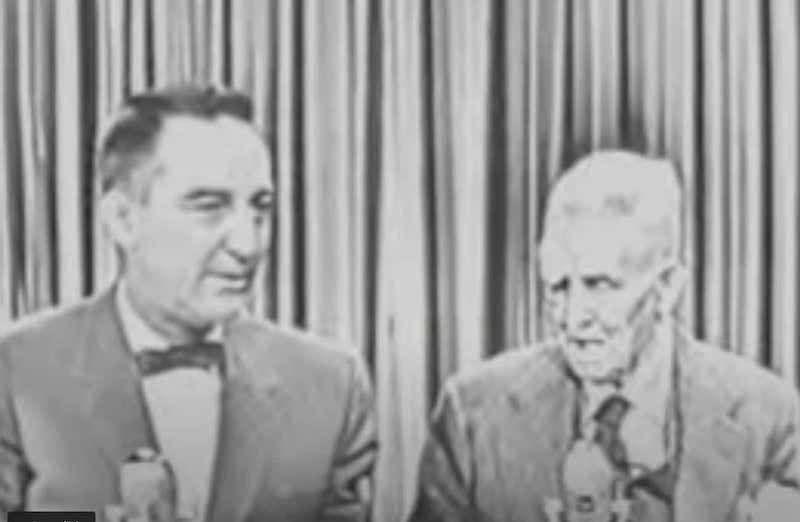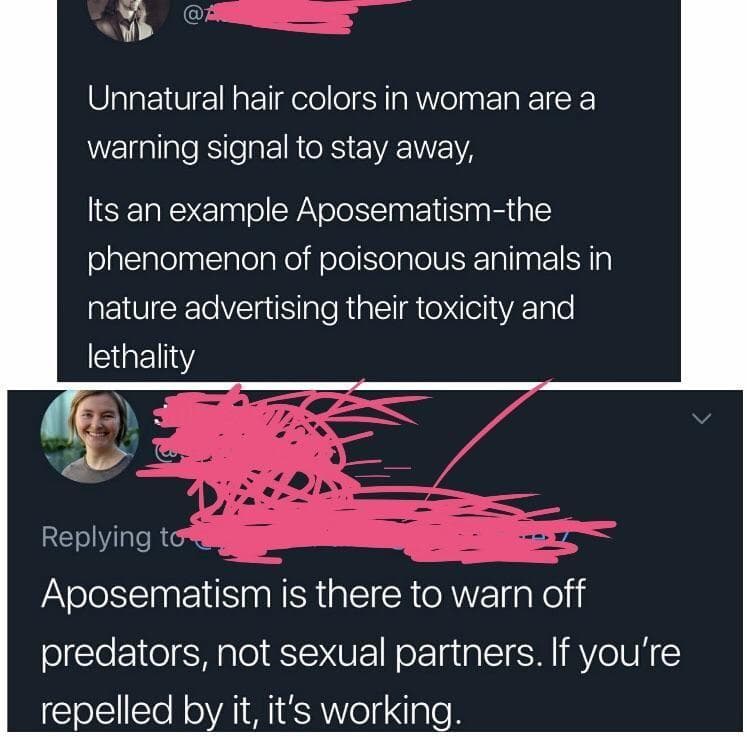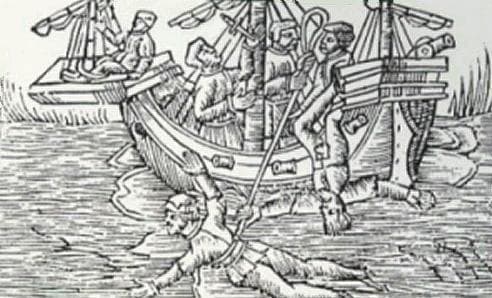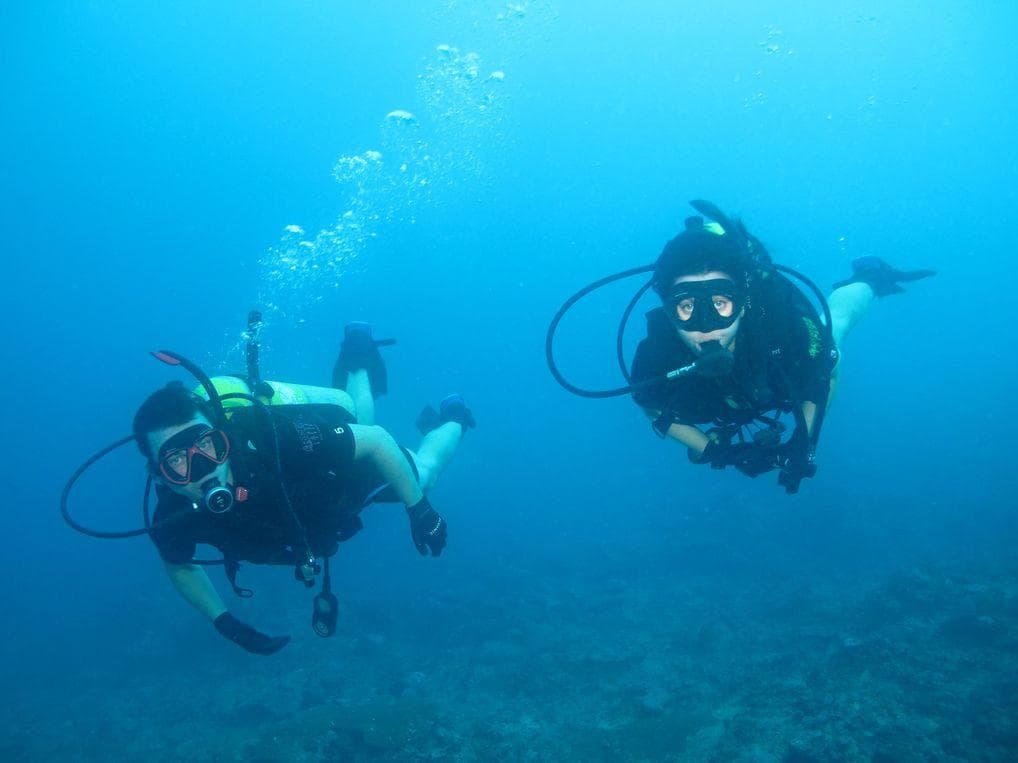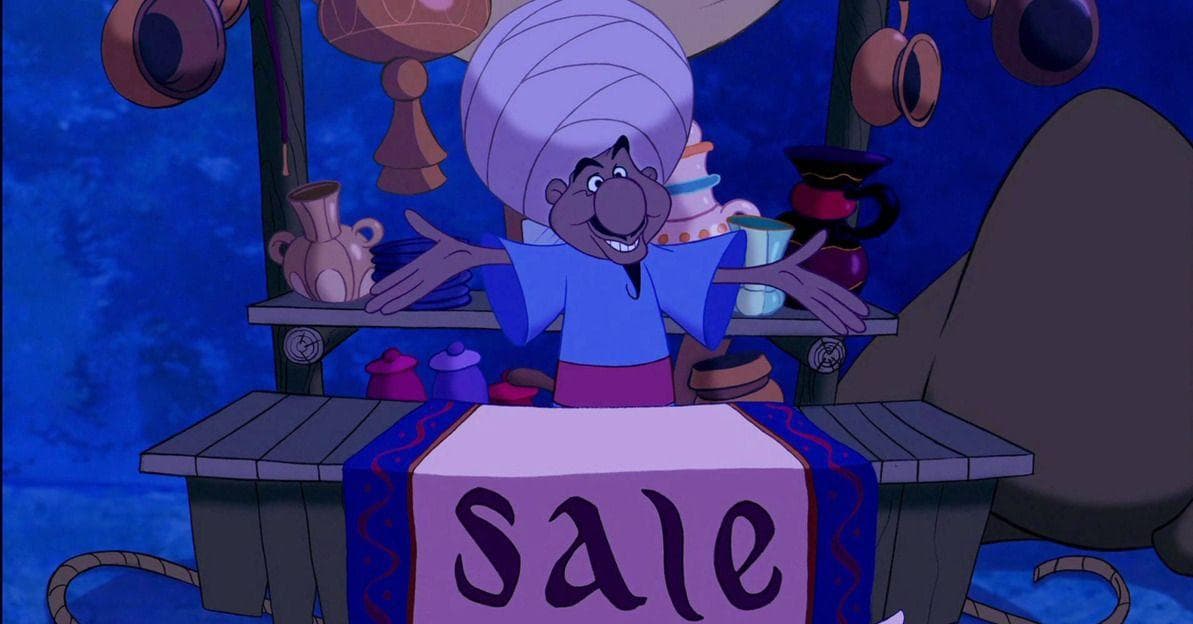-
William Allen – more known for abolitionism and penal reform; a Fellow of the Royal Society and the Linnean Society of London (Some Quakers in science)
-
James Backhouse – botanist and missionary; author abbreviation "Backh" (Some Quakers in science)
-
Wilson Baker – organic chemist (Some Quakers in science)
-
John Bartram – described as the "father of American botany"; founded Bartram Botanical Gardens in Kingsessing on the bank of the Schuylkill River (Some Quakers in science)
-
Kenneth E. Boulding – systems theorist and economist (Some Quakers in science)
-
Russell Brain, 1st Baron Brain – neurologist known for Brain's reflex; became a Quaker in 1931 and gave the Swarthmore Lecture in 1944, "Man, Society and Religion", in which he stressed the importance of a social conscience (Some Quakers in science)
-
Jocelyn Bell Burnell – discovered the first radio pulsars with her thesis advisor Antony Hewish; raised Quaker in Northern Ireland; volunteered in local and national Quaker activities up to at least the 1970s; her Swarthmore Lecture was titled "Broken for Life"; still an active Quaker (Some Quakers in science)
-
John Cassin – ornithologist (Some Quakers in science)
-
Ezra Townsend Cresson – entomologist (Some Quakers in science)
-
Peter Collinson – botanist with some interest in electricity; his family belonged to the Gracechurch meeting of the Religious Society of Friends (Some Quakers in science)
-
Edward Drinker Cope – early paleontologist who took part in the Bone Wars and for whom Cope's Rule is named (Some Quakers in science)
-
John Dalton – taught at a Quaker school, but is best known for work in atomic theory (Some Quakers in science)
-
Jeremiah Dixon – surveyor and astronomer known for the Mason–Dixon line (Some Quakers in science)
-
Henry Doubleday – horticulturist and lace designer (Some Quakers in science)
-
Arthur Stanley Eddington – astrophysicist known especially for the Eddington experiment and as a populariser of science, active in the Quaker Guild of Teachers, attended meetings regularly; his Swarthmore Lecture was titled "Science and the Unseen World" (Some Quakers in science)
-
George Ellis – co-authored The Large Scale Structure of Space-Time with University of Cambridge physicist Stephen Hawking; won the 2004 Templeton Prize and got involved with the Quaker Service Fund (Some Quakers in science)
-
John Fothergill – physician and botanist; Fothergilla (witch alder) is named for him (Some Quakers in science)
-
Robert Were Fox the Younger – geologist active in the early days of the British Association for the Advancement of Science (Some Quakers in science)
-
Ursula Franklin – metallurgist and physicist (Some Quakers in science)
-
George Graham – clockmaker and geophysicist who discovered the diurnal variation of the terrestrial magnetic field (Some Quakers in science)
-
John Gummere – astronomer (Some Quakers in science)
-
Richard Harlan – naturalist (Some Quakers in science)
-
Thomas Hodgkin – lived in the more ultra-orthodox era of Quakerism so wore plain clothes and spoke in a formal manner; Hodgkin's disease is named for him (Some Quakers in science)
-
Rush D. Holt, Jr. – Congressman; former Assistant Director of the Princeton Plasma Physics Laboratory; beat Watson; has a patent for a "method for maintaining a correct density gradient in a non-convecting solar pond" (Some Quakers in science)
-
Luke Howard – meteorologist known for work in cloud types and nomenclature (Some Quakers in science)
-
George Barker Jeffery – known for Jeffery's equations and translating works on the theory of relativity to English; his Swarthmore Lecture was "Christ, Yesterday and Today" (Some Quakers in science)
-
Isaac Lea – conchologist born a Quaker (Some Quakers in science)
-
Graceanna Lewis – ornithologist and social reformer (Some Quakers in science)
-
Joseph Jackson Lister – known for his role in the development of the optical microscope; his son, Joseph Lister, 1st Baron Lister, was a pioneer in surgical sterile techniques, but left the Quakers and joined the Scottish Episcopal Church (Some Quakers in science)
-
Kathleen Lonsdale – prominent crystallographer; discovered the planar hexagonal structure of benzene; became a Quaker in 1935, as such, she was a committed pacifist and served time in Holloway prison during World War II because she refused to register for civil defense duties or to pay the resulting fine; her Swarthmore Lecture was titled "Removing the Causes of War" (Some Quakers in science)
-
Maria Mitchell – astronomer who was raised as a Quaker but later adopted Christian Unitarianism (Some Quakers in science)
-
Frank Morley – mathematician specializing in algebra and geometry and known for Morley's trisector theorem. Was the son of two Quakers (Some Quakers in science)
-
Frederick Parker-Rhodes – plant pathologist and linguistics researcher, also active in other fields (Some Quakers in science)
-
William Philips – founder of the Geological Society of London (Some Quakers in science)
-
Lewis Fry Richardson – meteorologist; his Quaker beliefs exempted him from military service during World War I (Some Quakers in science)
-
Lucy Say – naturalist, nature artist, and first female member of the Academy of Natural Sciences of Philadelphia (Some Quakers in science)
-
Thomas Say – entomologist, conchologist, and herpetologist (Some Quakers in science)
-
Joseph Hooton Taylor, Jr. – astrophysicist and winner of the 1993 Nobel Prize in Physics for his discovery with Russell Alan Hulse of a "new type of pulsar, a discovery that has opened up new possibilities for the study of gravitation" (Some Quakers in science)
-
Silvanus P. Thompson – known for his book Calculus Made Easy; developed an idea of a telegraph submarine cable; his Swarthmore Lecture was titled "The Quest for Truth" (Some Quakers in science)
-
William Homan Thorpe – President of the British Ornithologists' Union from 1955-1960; his Swarthmore Lecture was titled "Quakers and Humanists" (Some Quakers in science)
-
Daniel Hack Tuke – expert on mental illness; came from a long line of Quakers from York who were interested in mental illness and concerned with those afflicted (Some Quakers in science)
-
Caspar Wistar – anatomist in colonial America (Some Quakers in science)
-
Thomas Young – polymath and child prodigy; raised Quaker (Some Quakers in science)
New Random Display Display All Items(43)

